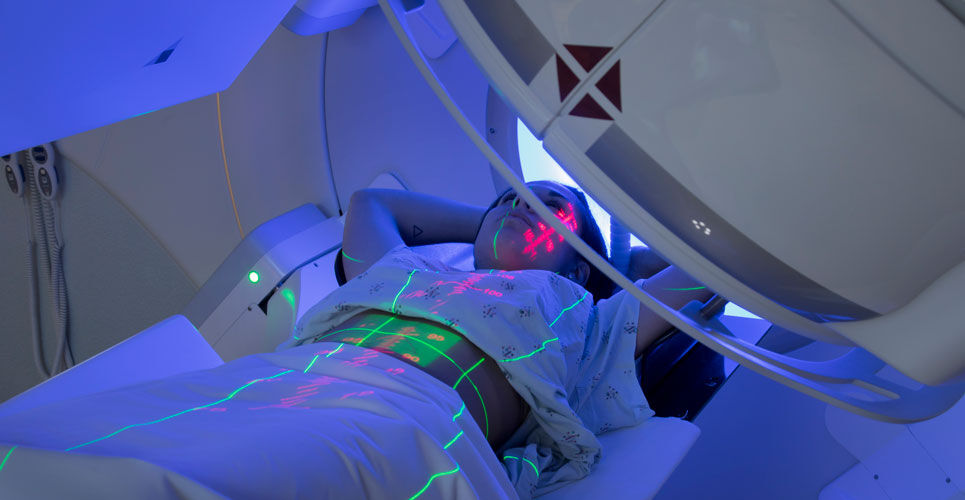Immune checkpoint inhibitors and radiotherapy fail to improve survival in melanoma, but does offer better 12-month progression-free survival, according to a recent meta-analysis
Immune checkpoint inhibitors (ICIs) combined with radiotherapy for the treatment of patients with melanoma, offers no overall survival (OS) benefit despite a significant improvement in 12-month progression-free survival (PFS). This is according to a meta-analysis by researchers from Beijing Tongren Hospital, Capital Medical University, Beijing, China.
According to the World Cancer Research Fund, melanoma is the 19th most commonly occurring cancer in men and women, with nearly 300,000 new cases reported in 2018. When a melanoma metastasises, ICIs, which target the programmed death cell protein 1 (PD-1), the programmed death-ligand 1 (PD-L1), or the cytotoxic T-lymphocyte-associated protein 4 (CTLA-4), have come to represent the standard of care. Nevertheless, while effective, if used as mono-therapy, ICIs produce an overall response rate ranging from 0% to 17%, though these figures increase to more than 33.3% when agents are combined.
Radiotherapy is routinely used in the treatment of solid cancers, such as hepatocellular carcinoma (HCC) and several preclinical and clinical studies have explored the efficacy of combining radiotherapy and ICIs in HCC and with promising outcomes. Moreover, a meta-analysis of 11 studies found that combining ICIs with radiotherapy showed better local efficacy than ICI mono-therapy for treating melanoma brain metastasis.
While of apparent benefit for brain melanomas, few studies have systematically examined the combined effect of ICIs and radiotherapy for treating other types of melanoma. For the present study, the Chinese team set out to examine the efficacy of radiotherapy when used in combination with ICIs for the treatment of non-brain metastatic melanoma. They included all available trials such as single-arm and control studies in which the endpoints of overall response rate (ORR), OS or PFS were reported. The team used regression analysis and presented their results using odds ratios.
Immune checkpoint inhibitors and radiotherapy outcomes
After an extensive literature search, 9 articles (7 retrospective studies and 2 prospective cohort trials) involving 624 patients were identified and included in the analysis.
Combing radiotherapy with ICIs led to a higher ORR compared with ICIs alone (35% vs 20.4%, p = 0.004) However, in terms of OS, the 12-month odds ratio (OR) comparing the combination to ICI treatment alone was 1.83 (95% CI 0.32 – 5.52, p = 0.69) and hence not significantly different.
While there was no significant difference between the two treatment options in PFS at 6-months (OR = 0.53, 95% CI 0.26 – 1.08, p = 0.08), this difference became significant at 12-months (OR = 0.48, 95% CI 0.29 – 0.80, p = 0.005).
Commenting on these findings, the authors highlighted that with most studies being retrospective in nature and no randomised trials, there was a need for prospective trials to further explore the efficacy of combining radiotherapy with ICIs in melanoma.
They concluded that while, at present, there was no evidence of a survival benefit by combining the two therapies, an improvement in PFS was evident but further high quality trials were required to confirm these findings.
Citation
Yin G et al. Efficacy of radiotherapy combined with immune checkpoint inhibitors in patients with melanoma: a systemic review and meta-analysis Melanoma Res 2022

